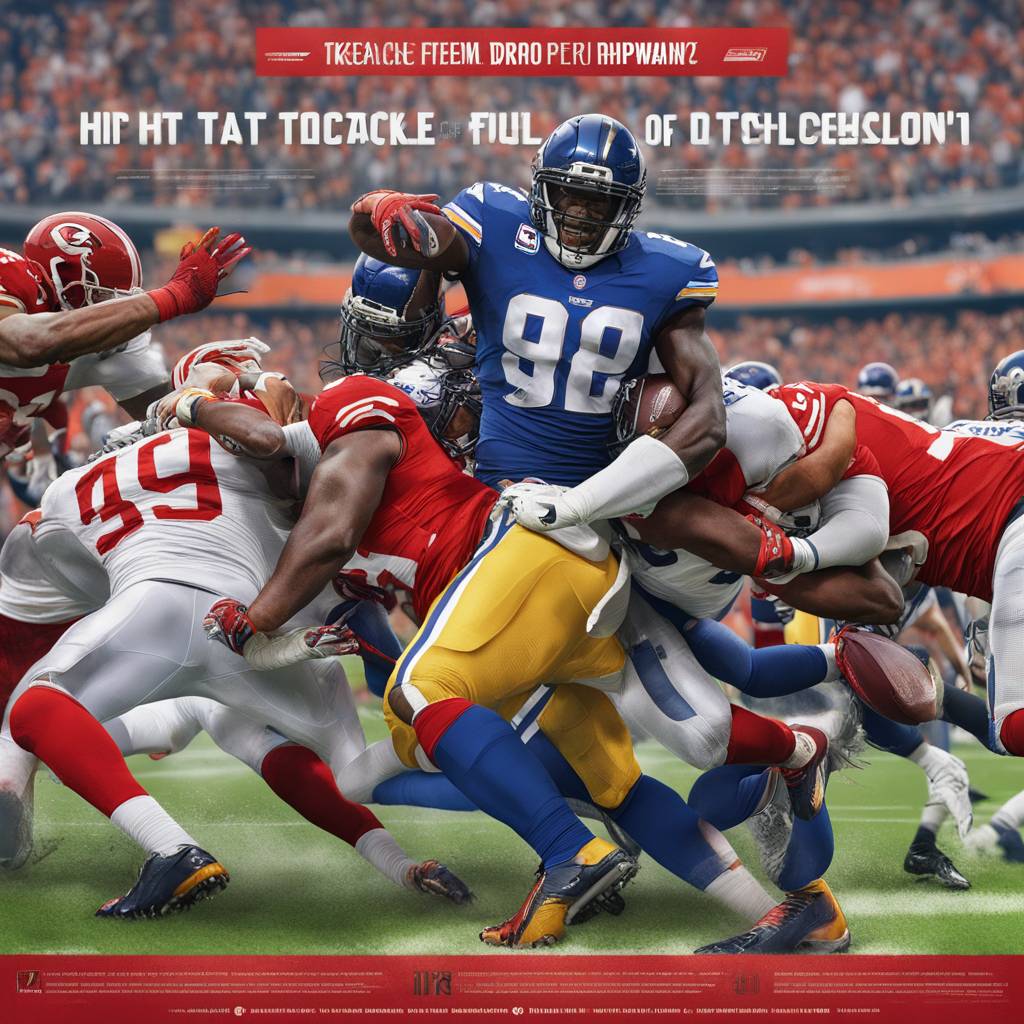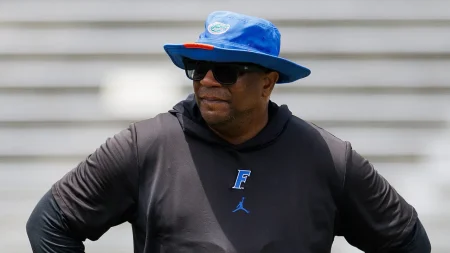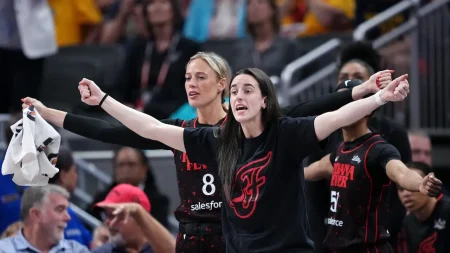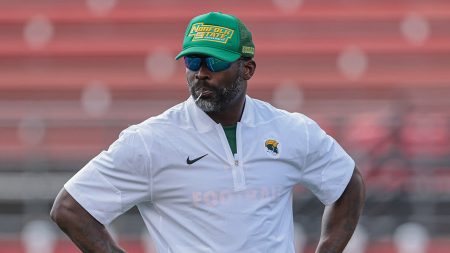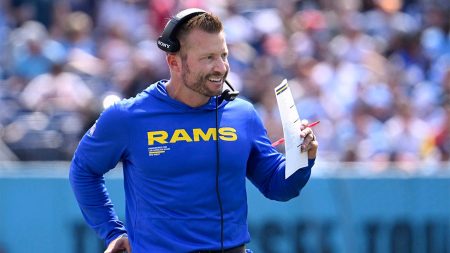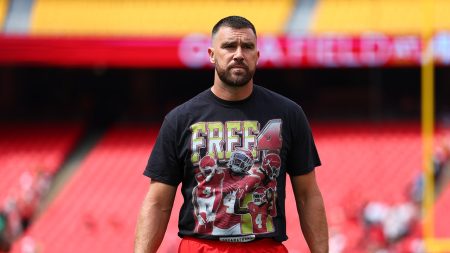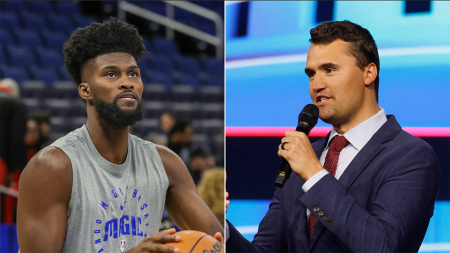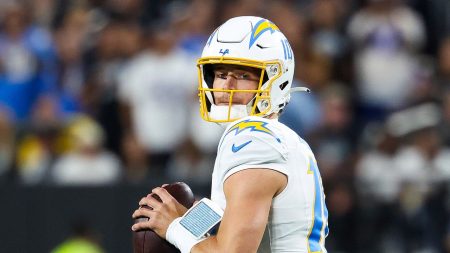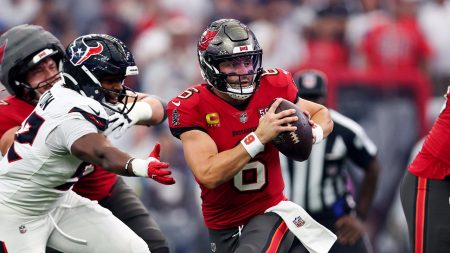The NFL owners recently voted unanimously to ban “hip-drop tackles” starting next season, sparking controversy within the football community. This tackle involves a defender wrapping the ball carrier with their arms and dropping their hips, which can lead to increased rates of injury compared to traditional tackles. NFL Commissioner Roger Goodell spearheaded the decision to outlaw this type of tackle, with all 32 owners approving the new rule. This move has drawn criticism from prominent figures in football, including J.J. Watt, who compared the league to flag football and questioned the necessity of the ban.
Former players like Emmanuel Acho have also weighed in, stating that there is no such thing as a hip-drop tackle and that it is merely a form of tackle. Others, such as Tony Dungy, expressed support for the decision in the interest of player safety but admitted confusion over the specifics of a hip-drop tackle. The debate over the legitimacy and impact of this ban continues, with ESPN’s Pat McAfee and A.J. Hawk questioning the subjective nature of the call and referees’ ability to enforce it accurately during games.
Despite mixed reactions from players and analysts, some support the decision to ban hip-drop tackles due to their potential for causing serious injuries that can prematurely end careers, as highlighted by former player Kyle Long. He revealed that former tight end Delanie Walker believed his career was cut short due to a hip-drop tackle. While opinions on the new rule vary, it has been officially approved for implementation in the upcoming NFL season, raising anticipation for how referees will interpret and enforce it on the field.
The ban on hip-drop tackles introduces a new dynamic to the game and adds another layer of judgment for referees during gameplay. Concerns have been raised over the subjective nature of determining the legality of tackles and the potential impact on the flow and integrity of the game. Former players and coaches have differing perspectives on the ban, with some welcoming the change as a step towards promoting player safety and reducing the risk of severe injuries. The decision to outlaw hip-drop tackles has sparked debate within the football community and is expected to remain a topic of discussion leading up to its enforcement next season.
The controversy surrounding the ban on hip-drop tackles reflects broader concerns within the NFL regarding player safety and the evolving nature of the game. While the intention behind the decision is to protect athletes from unnecessary harm, the subjective nature of enforcing the rule raises questions about consistency and fairness. As the league prepares for the upcoming season, stakeholders will be watching closely to see how the ban on hip-drop tackles impacts gameplay and player safety. It remains to be seen whether this rule change will ultimately make a significant difference in reducing injuries and enhancing the overall experience of the sport.




